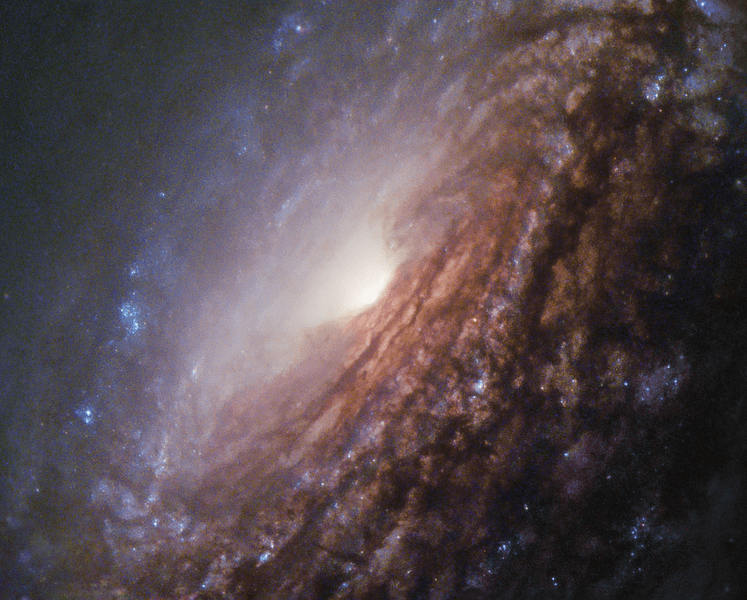
I offer three quotations from Professor Wilczek that I’ve come across, and that caught my attention. They come from his 2016 book A Beautiful Question: Finding Nature’s Deep Design, which has now jumped onto my already overly long reading list:
Describing his approach to science, Einstein said something that sounds distinctly prescientific, and hearkens back to those ancient Greeks he admired:
What really interests me is whether God had any choice in the creation of the world.
Einstein’s suggestion that God-or a world-making Artisan-might not have choices would have scandalized Newton or Maxwell. It fits very well, however, with the Pythagorean search for universal harmony, or with Plato’s concept of a changeless Ideal.
If the Artisan had no choice: Why not? What might constrain a world-making Artisan?
One possibility arises if the Artisan is at heart an artist. Then the constraint is desire for beauty. I’d like to (and do) infer that Einstein thought along the line of our Question-Does the world embody beautiful ideas?-and put his faith in the answer “yes!”
Beauty is a vague concept. But so, to begin with, were concepts like “force” and “energy.” Through dialogue with Nature, scientists learned to refine the meaning of “force” and “energy,” to bring their use into line with important aspects of reality.
So too, by studying the Artisan’s handiwork, we evolve refined concepts of “symmetry,” and ultimately of “beauty”-concepts that reflect important aspects of reality, while remaining true to the spirit of their use in common language.”
If an energetic and powerful Creator made the world, it could be that what moved Him—or Her, or Them, or It—to create was precisely an impulse to make something beautiful.
Yet many creative spirits have found inspiration in the idea that the Creator might be, among other things, an artist whose esthetic motivations we can appreciate and share-or even, in daring speculation, that the Creator is primarily a creative artist. Such spirits have engaged our Question, in varied and evolving forms, across many centuries. Thus inspired, they have produced deep philosophy, great science, compelling literature, and striking imagery. Some have produced works that combine several, or all, of those features. These works are a vein of gold running back through our civilization.
And I throw this one in as a bonus, because I like it very much:
If you don’t make mistakes, you’re not working on hard enough problems.










